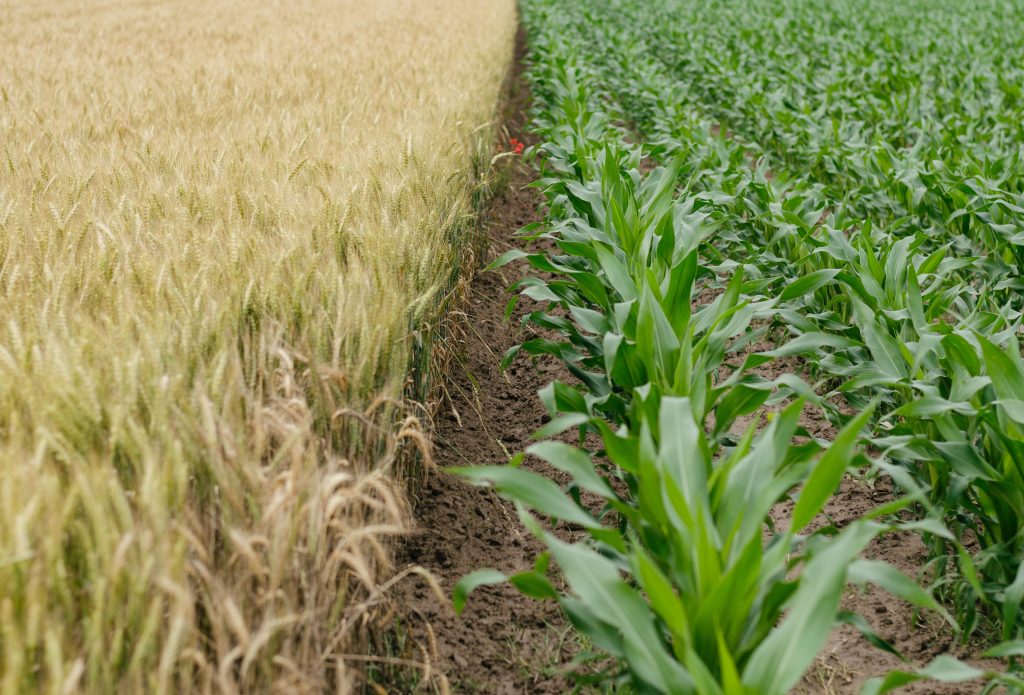Scientists in New Zealand have discovered a low-cost method to reduce methane emissions from cow manure by using polyferric sulfate, reducing emissions by more than 90%. The solution, called EcoPond, is being tested on 250 farms and could reduce individual emissions from the country’s dairy farms by 7 to 9 percent. This innovation could play a key role in reducing agricultural emissions, while having potential applicability in other methanogenic environments.
Scientists Keith Cameron and Hong Di found that adding polyferric sulfate to manure ponds reduces methane emissions by more than 90 percent. The EcoPond treatment is being tested on 250 farms in New Zealand to reduce agricultural emissions intensity by 30% by 2030. Polyferric sulfate promotes sulfate-reducing microorganisms, outperforming methanogens responsible for methane emissions. Agriculture accounts for more than half of New Zealand’s greenhouse gas emissions, and EcoPond offers an affordable solution for small farms. Although promising, this method could have impacts on soil and water quality, but trials have not yet shown any significant impact on yields or soil conditions.
Source : Bloomberg




